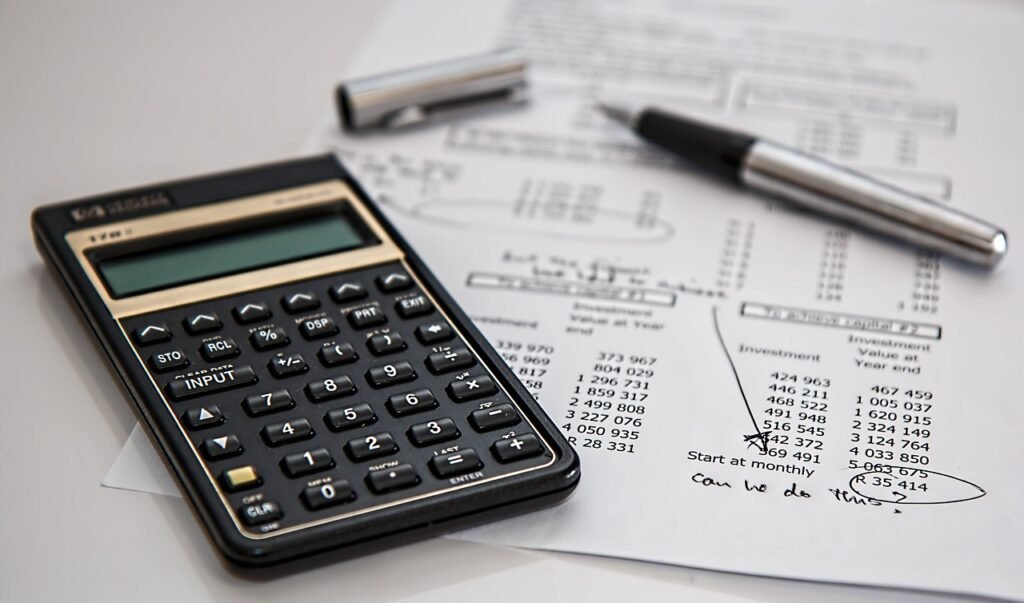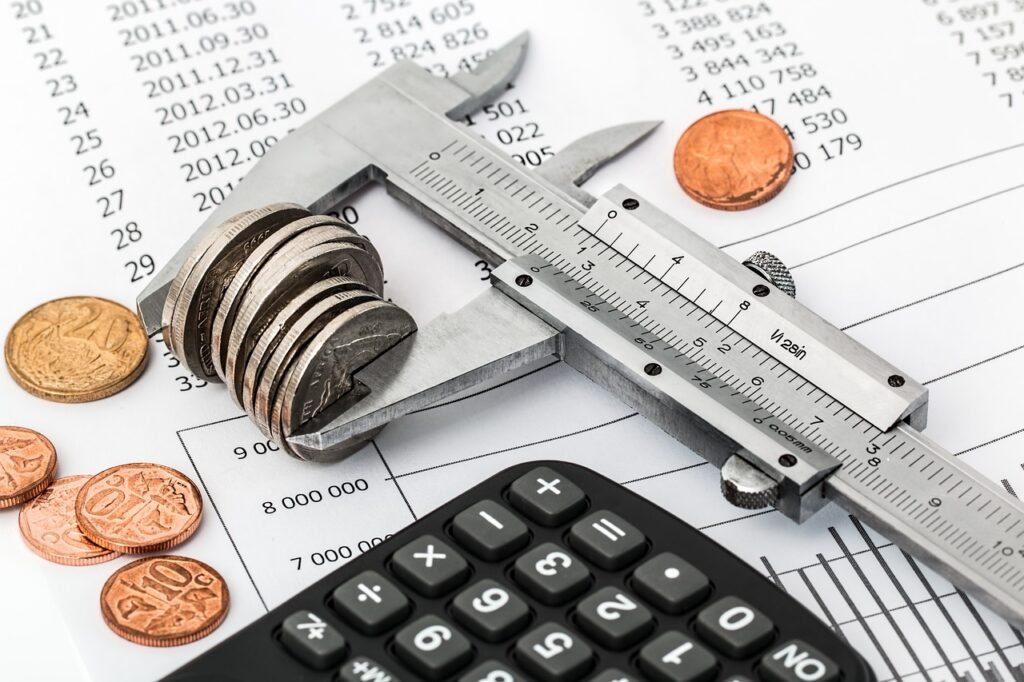
In this blog post titled “Personal Finance,” we set out on a mission to assist you in taking charge of your financial future. This blog seeks to give you useful ideas, suggestions, and tactics to navigate the difficult world of personal finance, whether you’re a recent graduate, an experienced professional, or someone looking to enhance their financial well-being. Let’s get started and discover how to establish realistic goals, make wise decisions, and ensure a bright financial future.
The fundamentals of budgeting, saving, debt repayment, credit score improvement, goal-setting, emergency fund management, etc. will be covered. Budgeting will be our first topic covered in this blog before moving on to other subjects in subsequent blogs.
Okay, let’s first understand income and expenses and obtain the necessary data.
Regular wages or salaries, bonuses, freelance income, investment returns, and income from other sources are all examples of income.
Fixed and variable expenses are the two categories into which expenses can be divided. Rent or mortgage payments, utilities (electricity, water, gas, etc.), insurance fees, and subscription services are examples of fixed expenses. Groceries, dining out, entertainment, travel, apparel, and discretionary expenditure are examples of variable costs.
We will go on to the following step, which is budgeting, once you have obtained the aforementioned data. We must comprehend what budgeting is and why it is necessary. What are our financial objectives, and do we believe we achieved them throughout the time frame specified?
What is a budget?
A budget is a written plan you create to determine how you will spend your money over a certain length of time.
You can make sure you have money each month by creating a budget. Without a budget, you risk running out of cash before your next pay period or wage day.
A budget reveals how much you make every month and correspondingly your expenses.
Why do I want a budget?
You can make decisions with a budget:
• Where your money must be spent
• What must you purchase with your money? Can you spend more on some things while spending less on others?
For instance, your budget may indicate that you spend $250 on clothing each month. Perhaps you determine that $200 can be spent on clothing. The remaining funds might be used to pay bills or put aside money for future purchases.
Why should I try to save money?
An emergency may arise where you need money. Purchasing a car, a house, or other expensive item may be necessary as well. You may use the money you save to pay for other pricey purchases like a car or a security deposit on an apartment.
How do I start a budget?
Gather your bills and pay stubs to start a budget. Beyond paying your payments, consider your other spending habits. Do you, for instance, purchase a cup of coffee each day? That money you spent on coffee can accumulate after a month and become an expense you might record.
• When you have your pay stubs and bills:
• Record your expenditures. A cost is something you pay for.
• Record your income in writing. Income is the result of deducting your expenses from your earnings.
You are spending more than you are bringing in if the result is less than zero. Look for areas of your budget that you can modify. Maybe something unnecessary or a technique to save money.
What if I don’t get paid every month?
Some workers are not paid on a monthly basis. If you anticipate the same as previous year, take the following actions:
Add up all of the money you made last year and divide it by 12. This relates to the amount of money you will have each month.
How can I use my budget?
You adhere to a budget each month. With a documented budget, you can:
• Track your spending.
• Look for ways to save.
• Create a budget and a plan for your financial resources.
You can save money for the future with the aid of your budget. You can add saving to your list of expenses. You might discover methods to cut costs. Then you can make regular monthly deposits into savings accounts, perhaps at a bank or credit union.
Why should I save money?
Money management can be challenging. When your expenses rise but your income stays the same, it is quite difficult. Here are a few justifications for trying to save money, even when it is difficult.
• Emergencies – Saving a little money now could come in handy later. Everyone has unforeseen bills.
• Expensive items – On occasion, we must pay for costly items, such as a car, a trip, or a security deposit for an apartment. If you have the cash to buy those pricey things, you’ll have more options. • Your objectives – You might desire to fund your college education. You might need to travel to see distant relatives. You can budget for these objectives and make savings. Afterward, you might not need to
How else can I save money?
Try these suggestions to help you save money:
• Record every dollar you spend for a month. Small costs, like a coffee cup, can add up to a significant sum of money. Knowing where your money is going allows you to make decisions about what you might not want to purchase.
• Use your credit card only when you can pay the entire balance when the bill is presented. You avoid paying interest on what you owe in this manner.
• Pay your bills on time each month. So, you won’t be responsible for any late fees or other costs.
• Maintain financial segregation between your savings and your spending.
• Give a savings account at a bank or credit union some thought. Discover more information on opening a bank account.
• If you carry cash around the house, keep your savings and spending money apart. Put all of your cash in a secure location.
A monthly spending plan, or budget, outlines how you can spend your money. Creating a budget might help you ensure that you have enough money each month. You can save money with the use of a budget for future aspirations or unexpected expenses.
How do I make a budget?
Make a list of your expenses. Spending money is what expenses are. Expenses consist of:
Bills:
• recurring monthly expenses, such as rent
• bills that may fluctuate each month, such as utility bills
• annual or biannual bills, such as auto insurance
other costs, such as:
• food
• gas
• entertainment
• clothes
• Unexpected costs, such as auto repairs or hospital expenditures
• Charge card payments
You can have monthly bills that vary. Take a look at your expenses from the same month a year ago. In February, you might require $250 for gas, but only $40 in July.
Make a note of your annual income. Included in this are your earnings and any additional funds you receive, such as child support.Calculate your income after deducting your expenses. This figure must be greater than zero. You are spending more than you are bringing in if it is less than zero. Examine your spending to identify any items you don’t need or where you may save costs.
How do I use my budget?
Every month, you can use your budget:
• Establish a plan for your monthly spending at the beginning of the month. Your anticipated income and expenses should be penned down first.
• Keep a record of your spending. Try to carry this out each day.
• Check to see if you spent what you budgeted at the end of the month.
• Make use of the data to aid in budget planning for the following month.
MS-Excel is one of the simplest programs to use when creating a budget. There are plenty of free templates available. You should choose “Personal Monthly Budget” because it is more simpler. Later, you might require some graphs, charts, and jazz.

Screenshot of the Personal Monthly Budget.
We will move on to the next topic i.e. savings in the upcoming blog.

